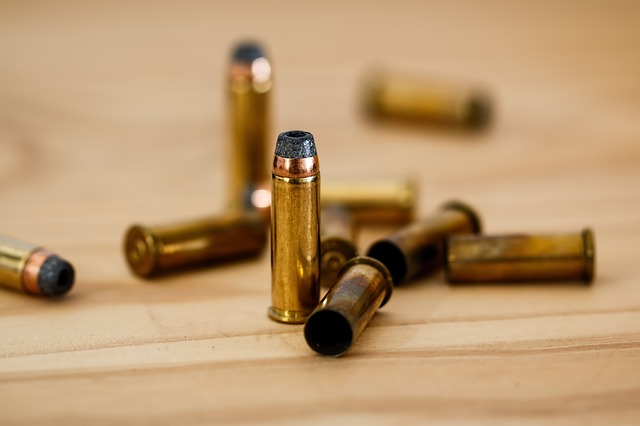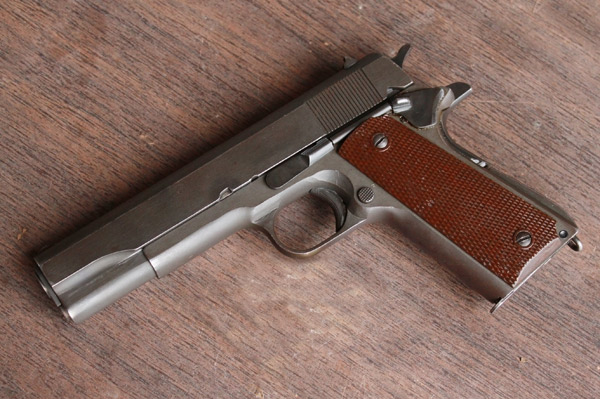The start of 2018 isn’t just another year or another resolution to keep if you are a Californian. As of January 1, 2018, California’s Proposition 63 law has taken effect. As the bill is set to continue to roll-out over the next 18 months, many are questioning what exactly this new law means to them […]

January 8, 2018

December 18, 2017
Target Ammunition Vs. Defense Rounds
The most common misconception we find with new gun owners surrounds ammunition. Regardless of whether the owner is planning to take up target shooting, hunting or looking for a means of self-defense, they seem to believe that when it comes to ammunition, they can simply look at the size and cost to make their choice. […]

December 4, 2017
Differences in Rifles, Shotguns & Handguns and their Ammunition
With the rollout of California’s Proposition 63 starting in just a few weeks, we thought it would be helpful to go through the differences between rifles, shotguns and handguns, and the ammunition required for each. Differences in Rifles, Handguns and Shotguns You may or may not know that the essential difference between these 3 firearms […]

Recent Comments